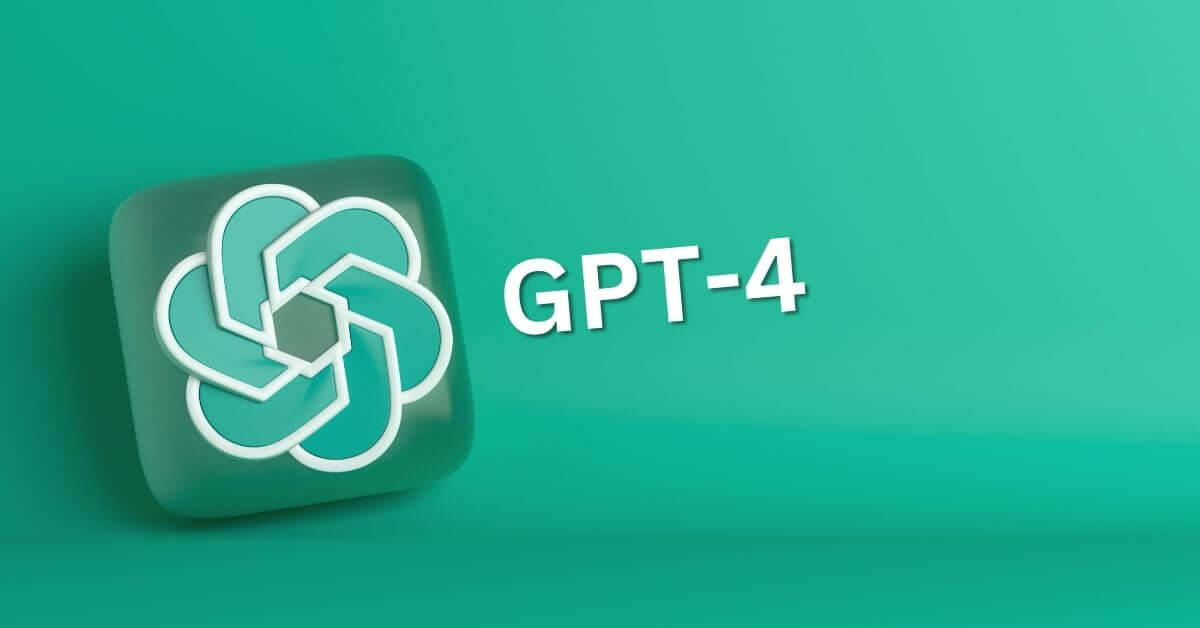OpenAI, a leading research laboratory in artificial intelligence, has unveiled its latest brainchild – GPT-4, the fourth iteration of its Generative Pre-trained Transformer language model. Boasting significant improvements in text generation and comprehension, GPT-4 promises to push the boundaries of AI-powered natural language processing (NLP) and spark fresh discussions about its potential and societal impact.
What’s New in GPT-4?
OpenAI touts GPT-4 as a major leap forward compared to its predecessors. Key advancements include:
- Deeper Understanding: GPT-4 claims improved reasoning and comprehension abilities, allowing it to grasp complex topics and generate more nuanced and contextually relevant responses.
- Enhanced Factuality: The model has been trained on a vast dataset of factual information, aiming to reduce the spread of misinformation and generate more reliable outputs.
- Multimodal Capabilities: GPT-4 can now process and generate text in conjunction with images, potentially paving the way for more interactive and immersive language experiences.
- Safety and Alignment: OpenAI emphasizes efforts to mitigate potential biases and ensure responsible development of the model, addressing ethical concerns surrounding powerful language models.
What Does This Mean?
GPT-4 holds immense potential across various fields:
- Creative Writing: The model’s improved storytelling abilities could revolutionize writing assistance and content creation.
- Customer Service: More realistic and engaging AI chatbots could enhance customer interactions and streamline support processes.
- Education: Personalized learning experiences tailored to individual needs could be powered by GPT-4’s capabilities.
- Scientific Research: The model’s ability to process and analyze vast amounts of information could accelerate scientific discovery.
However, concerns regarding ethical implications and potential misuse remain:
- Misinformation and Manipulation: Despite improvements, the risk of generating believable but false information still exists, demanding cautious usage and critical thinking.
- Job Displacement: Concerns arise about the potential impact on jobs relying on text-based tasks like writing or translation.
- Bias and Discrimination: Mitigating biases inherent in training data is crucial to prevent discriminatory outputs and ensure fair and equitable use.
Looking Ahead:
GPT-4 marks a significant advancement in NLP technology, showcasing its potential to transform various aspects of our lives. However, responsible development and mindful deployment remain critical to harnessing its benefits while mitigating potential risks. The journey of GPT-4 and similar models has just begun, and the coming years will be crucial in determining their impact on society.





